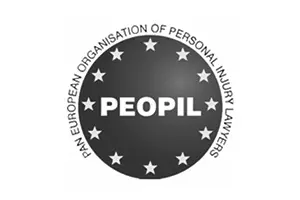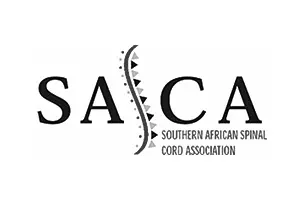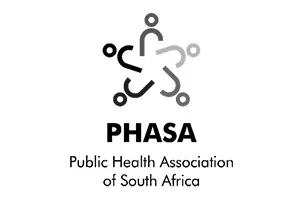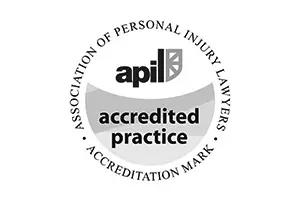
What a 1.5-metre economy means to the new workplace
Social distancing is a term that is going to become used more frequently in describing the newly organised workplace. Face to face meetings and the presence of a physical office together with other employees has not yet been ruled out and there are many industries that need to return to some sort of pre-COVID-19 work practices.
The Department of Labour and Employment had on 4 June 2020 issued a consolidated COVID-19 Direction on health and safety in the workplace. These regulations stipulate that an employer must arrange the workplace to ensure minimal contact between workers as much as possible. A distance of 1.5-metres between the workers at their workstations is proposed. If it is not practicable for the workstations to be spaced 1.5-metres apart, then barriers must be erected between the various employees.
In addition, all employees are to be provided free of charge, with the appropriate personal protective equipment based on the risk assessment in the workplace.
That risk assessment recognises low, medium, and high-risk work environments. The level of risk is dependent on the level of exposure of the employees to members of the public. Already as a result of the regulations, offices have had to consider the number of employees present on any one day and how a roster is to be kept and created. Importantly are employees that are not at the office still on duty and can they perform their work away from the office? This affects productivity and it also affects the structure of the employer.
Not all organisations can function remotely or have been set up for digital or remote working. When workplaces start to normalise, will the investment which was made by employers in such remote structure be allowed to lie fallow or will they be continued to be used? Will it no longer be necessary to meet face to face to create a relationship of trust or is video conferencing sufficient now and has it become acceptable in formulating lasting commercial relationships?
It seems that for now the 1.5-metre economy, in both low or high-risk environments, may survive the pandemic as opposed to a face to face workplace.
We are able to assist small, medium and large businesses in the drafting of workplace plans as well as employees who believe they have a claim against an employer who is in violation of these new laws.
Contact our offices or complete the form below:
Cape Town Office:
Telephone: +27(0) 21 425-5570
E-mail: Cape.office@mlblegal.co.za
Johannesburg Office
Telephone: +27(0) 11 268 6697
Email:Jhb.office@mlblegal.co.za
Contact form:
The current position on objections to the con/arb process
Con/arb process - The Commission for Conciliation, Mediation[...]
Out of time? Think again – The CCMA and its rules
By Lara Keil (Candidate Legal Practitioner) under the[...]
RAF’s lodgement requirements: Claimants further prejudiced
By Lara Keil (Candidate Legal Practitioner) under[...]

















